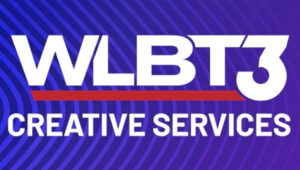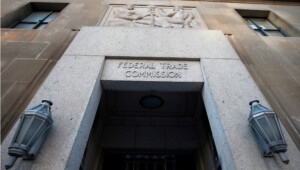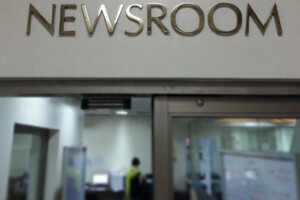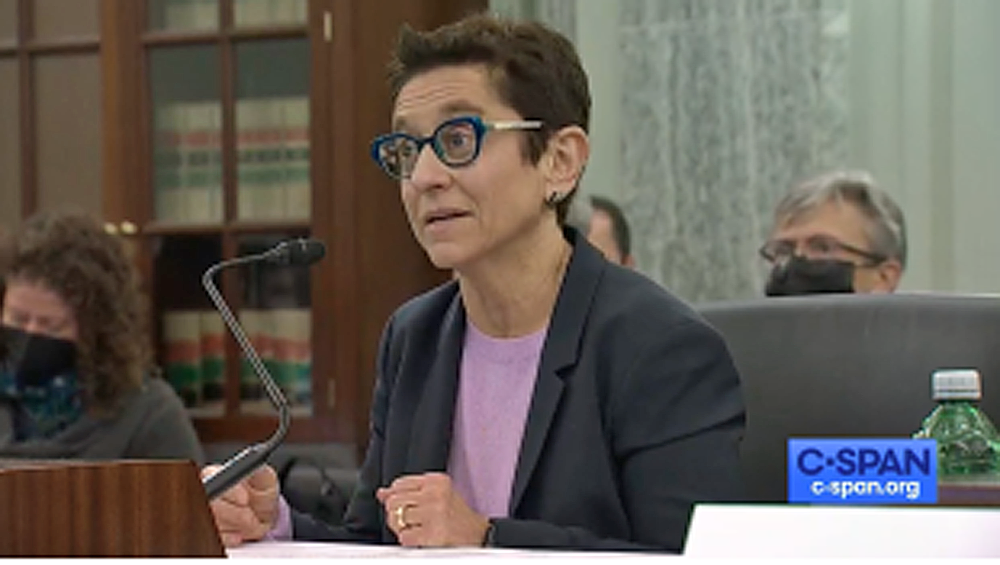
One year ago today, President Biden nominated Gigi Sohn to the empty spot on the FCC. Sohn, a longtime consumer advocate who worked for the Obama-era FCC, would have given Chairwoman Jessica Rosenworcel the tiebreaking vote needed to reverse Trump-era deregulation of the broadband industry, restore net neutrality rules, and pursue other rulemakings opposed by the commission’s Republicans. But Sohn is still waiting for the Senate to vote on her nomination. With Senate elections happening in two weeks, it’s not clear that a vote on Sohn will ever happen.

Carnegie Mellon University’s CyLab Security & Privacy Institute has come up with what it says is a better and more consumer-friendly broadband service label after the FCC sought help in coming up with the right information for its own template. The FCC has been contemplating such a label for several years and came out with a voluntary version in 2016.

Republican Reps. Elise Stefanik of New York and Mike Gallagher (Wis.) have introduced a bill, the Foreign Adversary Communications Transparency (FACT) Act, that would require the FCC to maintain a list of all licensees with “sufficient” ties to authoritarian regimes, including the Chinese Communist Party. FCC Commissioner Brendan Carr says such a disclosure is overdue.

FCC Commissioner Geoffrey Starks said all Americans would benefit if broadcasters became a go-to streaming competitor to the Netflixes and Amazon Prime Videos of the world, using their new ATSC 3.0 advanced-TV transmission system, and perhaps the government should help subsidize that effort.

ATSC 3.0-enabled technology will make broadcasting more like the internet, but privacy protections need to be taken seriously, Geoffrey Starks said last week in a speech at the University Of Pennsylvania Carey Law School Center For Technology, Innovation & Competition.
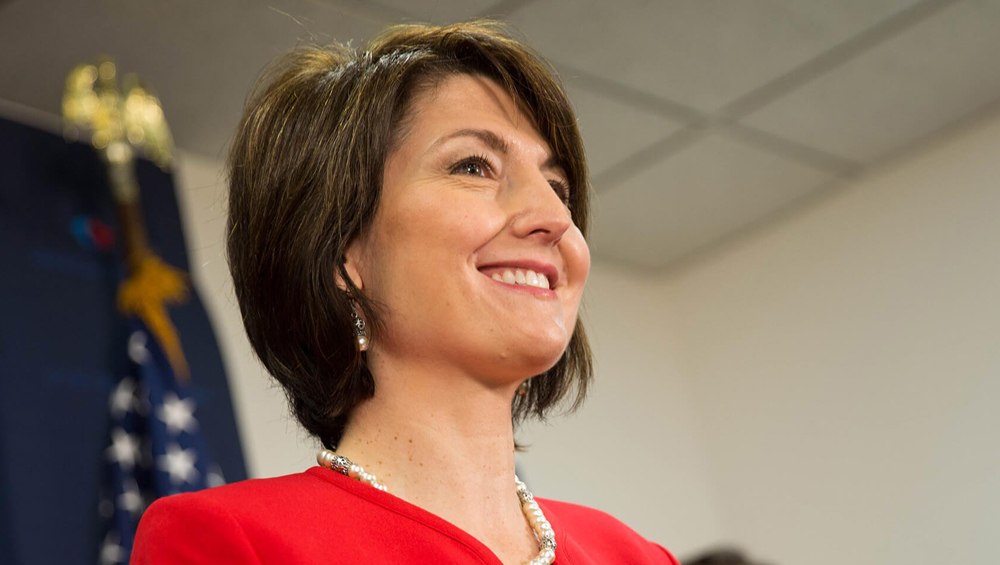
Perhaps anticipating a potential change in House leadership next year after midterm elections, the possible incumbent future chair of the powerful House Energy & Commerce Committee signaled the FCC that it should stay within its regulatory lane, likely including any attempt to impose new net neutrality regulations, if the agency gets a third Democrat seated during the lame-duck session. In a letter to FCC chair Jessica Rosenworcel, Rep. Kathy McMorris Rodgers (R-Wash.), ranking member of the committee, sent this warning: “As the committee of jurisdiction overseeing the FCC, I assure you the committee and its members will exercise our robust investigative and legislative powers to not only forcefully reassert our Article I responsibilities, but to ensure the FCC under Democrat leadership does not continue to exceed Congressional authorizations.”
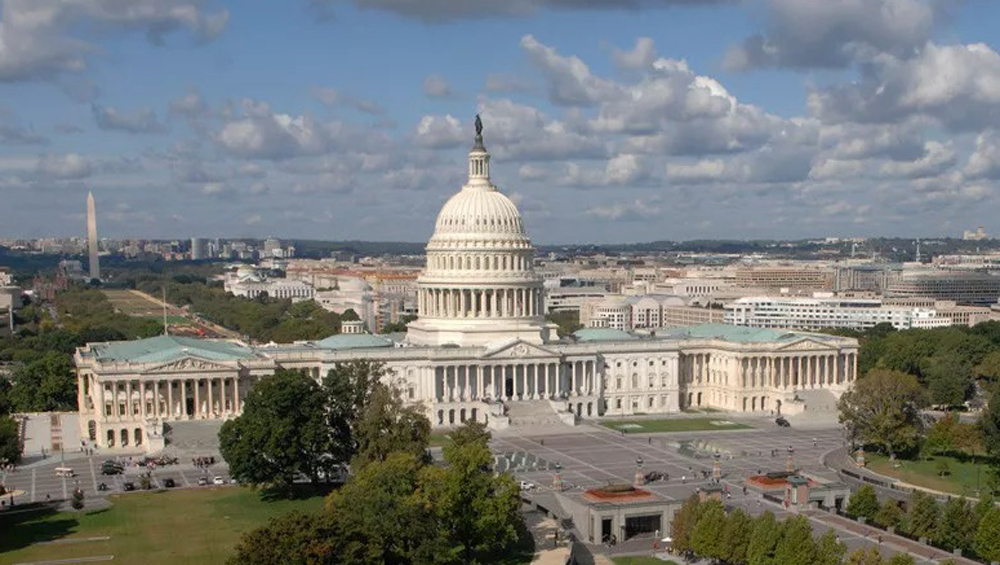
A bipartisan, bicameral effort in Congress is looking to help the FCC reinstate a new rule requiring broadcasters to do more due diligence when identifying foreign-sponsored programming and the FCC’s Democrat commissioners are on board with the effort.

Supporters of Gigi Sohn’s nomination to the FCC have gotten together on a letter to congressional leaders, clearly hoping that the weight of their collective call for action can move a needle that has been stuck for well over a year. In a letter dated Oct. 14, almost 250 groups, mostly public interest groups but also including Dish, NTCA-The Rural Broadband Association, INCOMPAS and the Rural Wireless Association, told Senate leaders from both parties that she should get a floor vote before Congress adjourns.
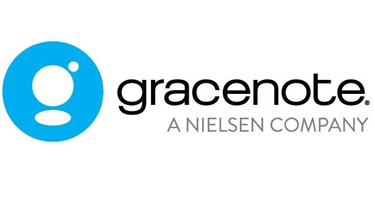
Nielsen has told the FCC it is working on a product to analyze “behind the camera” as well as on-screen diversity that could give the agency most of the information it may be looking for without making programmers and distributors, including streamers owned by media companies with FCC licenses, have to certify that information.

The FCC is preparing to ban new Huawei and ZTE device sales in the U.S., the first time the regulator has banned equipment on the basis of national security, according to various reports. The issue is the conclusion that those companies have too-close ties to the Chinese Communist Party.

The FCC is getting a full-court press from both friends and foes of the merger of broadcast groups Standard General and Tegna, which Democrats could block even with a politically divided 2-2 commission.

The FCC has proposed new ways it said will make sure broadcasters identify any content funded by a foreign government entity while ensuring it complies with a court decision that […]
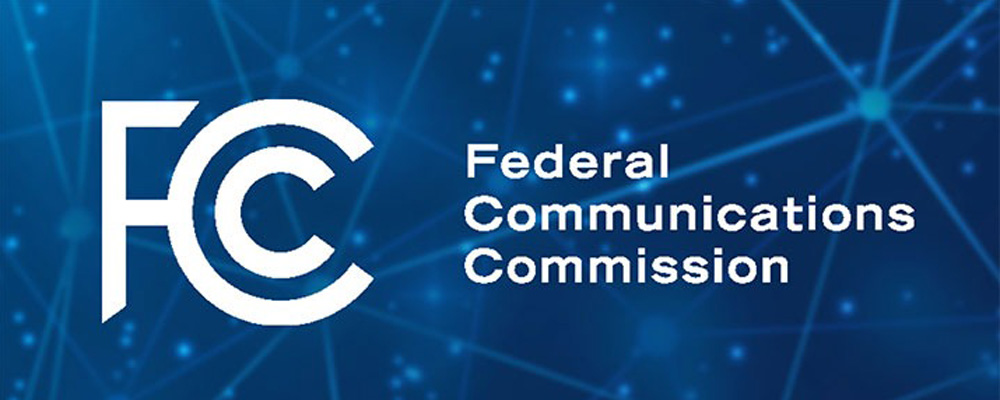
The FCC said it is updating its Cable Operations and Licensing System (COALS), which is how cable operators and other multichannel video programming distributors file “applications, notifications, registration statements, reports and related documents.” The FCC’s Media Bureau says the update will provide MVPDs improved security and reliability.
The FCC announced several leadership changes within the Media Bureau’s Industry Analysis Division (IAD). Effective Oct. 1, Radhika Karmarkar, currently a deputy chief in IAD, will become the chief of IAD, […]

The National Treasury Employees Union (NTEU), which represents 800 FCC employees, has come out in support of the nomination of Gigi Sohn for the long-vacant fifth seat — and third Democrat — on the commission. In a letter to Sen. Maria Cantwell (D-Wash.), chair of the Senate Commerce Committee, which failed to successfully report Sohn’s nomination to the full Senate for a vote, NTEU said it was concerned about the continued vacancy and that Sohn was a highly qualified nominee whose nomination should be moved out of committee for a floor vote.

The FCC has asked Tegna and Standard General for yet more documents, with a particular focus on any potential layoffs or impact on retransmission-consent negotiations related to their proposed merger, in the process suggesting the commission won’t decide whether to allow the companies to merge until late October at the earliest.

The FCC said Friday that, effective immediately, federal, state and tribal agencies can get read-only access to information in its Network Outage Reporting System (NORS) and voluntary Disaster Information Reporting System (DIRS). Under NORS, “providers [wireline, cable, satellite, wireless, interconnected VoIP] are required to report network outages that last at least 30 minutes and satisfy other specific thresholds,” while DIRS is a voluntary web-based system in which providers volunteer operational status and restoration information during national disasters.

Hurricane Ian has taken a heavy toll on Florida communications, according to the first reporting out of the Federal Communications Commission’s voluntary Disaster Information Reporting System (DIRS) following Ian’s major landfall. Cable and wireline service had been knocked out to over a half-million subscribers (526,966) in the path of the storm, which includes phone, TV and internet service. That was up from 26,716 subs out of service the day before.
Citing Ian and some technical issues, the commission gives regulatees two extra days to file.

Noncommercial TV stations are telling the FCC that consolidation of MVPD headends is cutting off access to some of their audience and could threaten their carriage rights altogether. PBS and Americas Public Television Stations made that point in a filing with the commission in response to its proposed rulemaking on how to determine a TV station’s designated market area for must-carry purposes.
The FCC Is Working Just Fine Without Gigi Sohn

James Erwin: “With their razor-thin Senate majority at risk, Democrats want to notch a few last-minute accomplishments before the November midterms. They could mount a last-minute push to confirm the long-stalled nomination of Gigi Sohn to the FCC and try to claim that the current 2-2 partisan split produces gridlock and prevents the agency from doing its job. Such a claim would be utterly disingenuous; the FCC has operated with fewer than five commissioners for more than 25 percent of its existence. Nevertheless, it has had no trouble fulfilling its mission, and any fair examination of the FCC’s record since President Biden’s inauguration would demonstrate that the agency is perfectly capable of doing its job with four commissioners.”

The FCC has decided to extend its COVID-19-related financial hardship waiver process for its regulatory fees. The FCC supports its ongoing operations through fees assessed FCC licensees including broadcasters and cable operators. While its latest such fees must be paid by Sept. 28, it said Tuesday (Sept. 13) that it would extend the streamlined waiver process adopted in 2020 to those fees “due to the ongoing effects of the pandemic.”

In the name of helping broadcasters better compete with Big Tech, Sen. Rand Paul (R-Ky.) has introduced a bill that comprises a broadcaster wish list of deregulatory moves. But unless Republicans can take over both houses of Congress in the midterm election, the Local News and Broadcast Media Preservation Act of 2022 is unlikely to get traction.
Foreign Sponsorship Disclosure Compliance Deadline For Existing Programming Is Here

Broadcasters face a Sept. 15 deadline to ensure that all programming aired on their stations complies with the FCC’s foreign sponsorship disclosure requirements. The Foreign Sponsorship Disclosure Rule was adopted by the FCC in April 2021, targeting airtime lease agreements between broadcasters and foreign governments or their representatives. The rule requires stations to take specific steps to ensure that the public is made aware of any programming aired that is provided, funded, or distributed by “governments of foreign countries, foreign political parties, agents of foreign principals, and United States-based foreign media outlets.”

Broadcasters did not get the breaks they were hoping for from the FCC when it comes to the fees they pay to the commission for the privilege of being regulated. The FCC released an order Friday (Sept. 2) setting the fee schedule for 2022 and it did not include a price break for TV or radio.

The Federal Communications Commission has authorized almost $800 million dollars more in rural subsidies from its Rural Digital Opportunity Fund (RDOF) to six broadband providers reaching some 350,000 locations in 19 states.

Veteran diverse programmer and former Democratic FCC official Frank Washington has asked the FCC to approve the purchase of Tegna by Standard General, with an assist from minority-owned Apollo Global Management in the form of financing and the acquisition of some spin-off stations from the deal.

Many broadcasters have questions about “franking” ads from Congressional representatives running for reelection. Congress each year allows its members to spend certain amounts of money to communicate with their constituents. This was traditionally done through mailings, which congressional representatives could send through the US mail without any postage charges. This privilege was later extended to allow the representatives to use broadcast media, but stations are paid for such spots. These franking messages cannot be used for political messages, and the messages cannot be run during the 60 days before any election. But just because the messages are not in and of themselves political does not mean that the messages do not have implications under the FCC’s political broadcasting rules.

The FCC has fined a low-power TV station $60,000 for passing off paid appearances as news appearances, violating the FCC’s sponsorship identification rules. The FCC’s Media Bureau entered into a consent decree earlier this month with Reynolds Media over segments in what was purported to be a news and public affairs program on Reynolds Media’s K26GS-D Harrison, Ark.

State legislative Black Caucus leaders have written the FCC to endorse the merger of Standard General and Tegna. “We believe that this deal is in the public’s interest as it will improve local news, increase diversity in media ownership, and help modernize broadcast television for consumers,” the letter said in part.

Given a “once in a century” pandemic, no additional spectrum and “unparalleled” regulatory requirements, broadcasters say their transition to ATSC 3.0 next generation transmission technology has made “remarkable progress.” The National Association of Broadcasters made that case to the FCC in comments on the state of that transition, saying the lack of additional spectrum meant that they were trying to make the move “with one hand tied behind their backs.”

Cable operators are telling the FCC that it should continue to require broadcasters transitioning to ATSC 3.0 to deliver a signal in the current ATSC 1.0 standard, and that the programming on that signal must still be substantially similar to their ATSC 3.0 signal.

Noncommercial TV station and network representatives said they are working hard to move to the new ATSC 3.0 broadcast transmission standard and its opportunities for enhanced emergency alerts, interactive educational programming and more, but that it is a challenging change and they can’t predict when a nationwide rollout will be accomplished.

The FCC’s Media Bureau again has reached out to the NewsGuild-CWA and The National Association of Broadcast Employees and Technicians (also CWA) to talk about the latter’s problems with the Tegna-Standard General merger. That is according to an ex parte accounting of an Aug. 8 phone call between the guild’s counsel, Andrew Schwartzman and Media Burea Deputy Chief Sarah Whitesell.

Supporters of FCC nominee Gigi Sohn are dismissing a call over the weekend by advocacy group ALLvanza for President Joe Biden to drop Sohn’s nomination in favor of a Hispanic candidate.

Opponents of the $8.6 billion Standard General-Tegna deal met with top FCC officials this week to talk about the former’s issues with the deal, particularly the documents those opponents say the merging parties should be producing. The FCC apparently asked for the meeting.

Only hours before the Senate Commerce Committee’s scheduled hearing on past spectrum disputes between the FCC and the National Telecommunications & Information Administration, the FCC and NTIA announced a new memorandum of understanding on coordinating their spectrum oversight, including regular formal interagency spectrum planning meetings.







